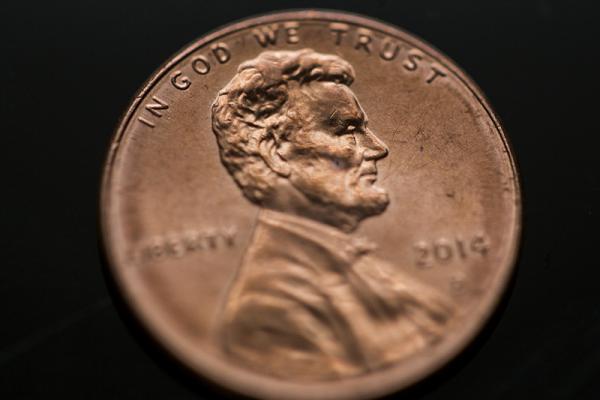Jan 19, 2016
A California atheist who once argued against the Pledge of Allegiance before the Supreme Court has launched a federal legal challenge to the phrase “In God We Trust” on American currency. Michael Newdow , 62, a Sacramento-based emergency-room doctor, filed a federal lawsuit seeking to strip reference to God from paper money and coins in an Ohio court earlier this month. Newdow claims the motto is a violation of his religious freedom.
Read the Full Article

Already a subscriber? Login
